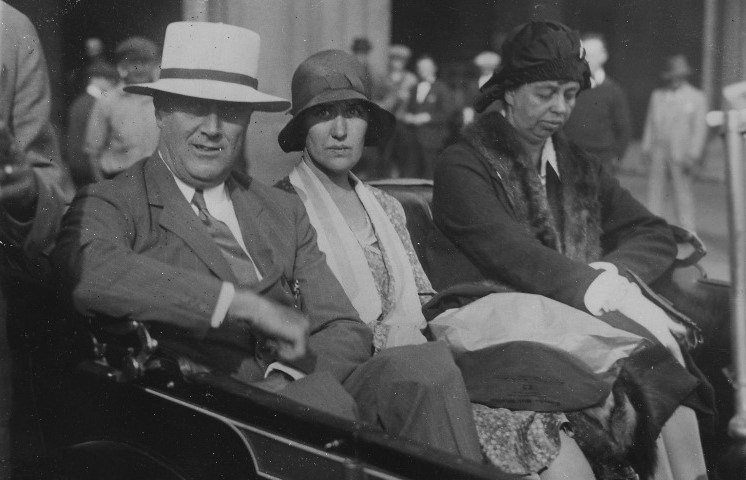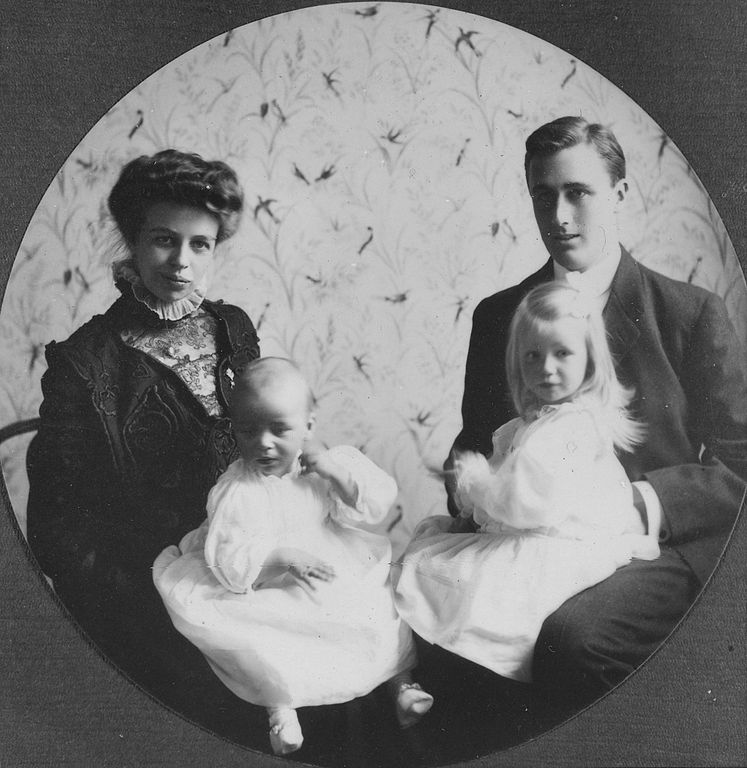Authors:
Historic Era: Era 8: The Great Depression and World War II (1929-1945)
Historic Theme:
Subject:
March 2003, Summer 2025 | Volume 54, Issue 1


Authors:
Historic Era: Era 8: The Great Depression and World War II (1929-1945)
Historic Theme:
Subject:
March 2003, Summer 2025 | Volume 54, Issue 1

In the FDR Library in Hyde Park, among the effects of Anna Roosevelt Halsted, the only daughter of Franklin D. and Eleanor Roosevelt, there is a scrap of yellowing paper, about four inches by five. It is covered with a penciled note in the kind of cryptic shorthand most writers I know and I myself use when insight or inspiration strikes. It begins, “ER: her garlic pills (Sis could smell them on her breath).”
Unlike a chronology of events I later unearthed, the note was not a new discovery. Unlike a formerly unpublished letter from which I finally got permission to quote, it wasn’t even classified. Yet, when I came across it, I heard the subversive rasp of a key turning in a lock. Eleanor Roosevelt might have been a saint, but she was a saint with a faddish bent and a powerful peasant breath. The noble woman was human. I was more intrigued than ever.
My fascination with Eleanor Roosevelt dates back to my childhood. In the 1950s and 1960s, she was the fearless, indefatigable, right-minded woman who every girl who knew there was more to life than cheerleading wanted to emulate. My love affair with her husband, which came later, was more personal and had to do as much with my adolescent yearnings as with the great man’s achievements. My mother hated FDR. I naturally fell for him. The void left by my father, who died shortly after the war, made the towering national patriarch even more irresistible. My discovery of Lucy Mercer, FDR’s great love, complicated the story and humanized the characters. I envied Lucy. I pitied Eleanor. I identified with them both. And I continued to worship Franklin. All three lingered in my consciousness long after the need for adolescent mutiny had faded. Four years ago, when reports of presidential misbehavior convulsed the country, I found myself wanting to tell the story of three people who comported themselves with dignity and grace in the face of imminent heartbreak, and of an era that allowed them to.
Eleanor Roosevelt was the greatest obstacle I faced when I started the research for Lucy, a novel about the love affair that altered and almost derailed twentieth-century history. (If FDR had not fallen in love with Lucy Mercer, ER might never have become a force for peace and social justice. If Lucy Mercer had been a weaker, less generous-spirited woman, FDR might not have become one of America’s greatest presidents.) Everywhere I looked for Lucy, there stood ER, larger than life, better than good, generous, high-minded, selfless.
She had emerged from a tragic, if gilded, childhood to embrace the underdog, speak up for the disenfranchised, and